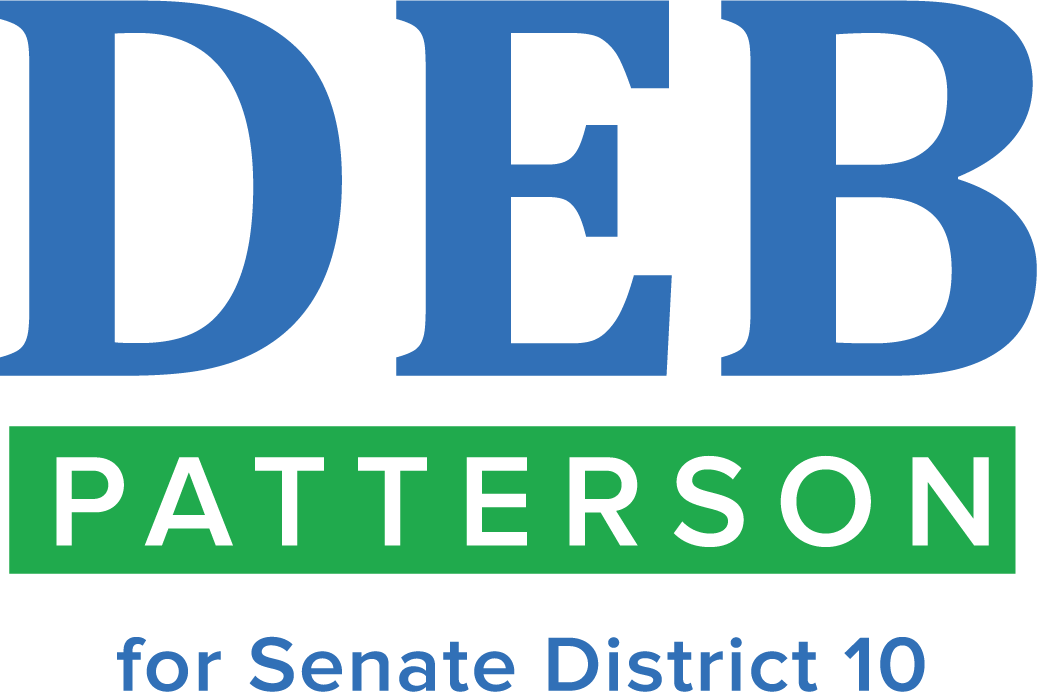via Kaiser Family Foundation: How Can Medicaid Enhance State Capacity to Respond to COVID-19?
During this pandemic, there are still 295,000 uninsured Oregonians. We know that we all deserve access to healthcare, especially through this uncertainty. What can we do about this? The Governor should immediately request a waiver from DHS to expand healthcare coverage. This "Disaster Relief Medicaid" is what helped 350,000 New Yorkers get health insurance after the 9/11 attacks. This plan offers a simple application and also expands eligibility to immigrants. Now is a time to live our values and take care of each other. Learn more about this option from the Kaiser Family Foundation below.
-Deb
As a source of coverage for 1 in 5 Americans, Medicaid can play a key role in connecting individuals to testing and treatment for COVID-19. Through Medicaid, states can provide enrollees access to comprehensive benefits with limited out-of-pocket cost and receive federal funding with no pre-set limit to support coverage. States have options available under existing rules to expand access to coverage and facilitate enrollment in coverage for eligible individuals. Further, states can seek federal approval for additional flexibility to expedite access to coverage and care, as has occurred in response to previous disasters and emergencies. Moreover, the federal government could take a range of administrative and legislative actions to enhance state capacity to connect individuals to care through Medicaid.
This brief describes a range of steps states and the federal government could take to use Medicaid to expand coverage and access to care in the context of responding to COVID-19 as a public health crisis. The Appendix lists specific examples of Medicaid authorities available to states in emergencies. The strategies included here are not an exhaustive list of options, and, as with any such efforts, they could involve tradeoffs and may run counter to efforts by the Trump administration and some states to restrict eligibility, limit government spending, promote program integrity, and curb immigrant use of public programs. The Medicaid and CHIP Disaster Preparedness Toolkit for state agencies also specifies strategies states can implement to respond to emergencies and disasters. Moreover, on March 12, 2020, the Centers for Medicare and Medicaid Services (CMS) posted Frequently Asked Questions (FAQs) to aid state Medicaid and Children’s Health Insurance Program agencies in their response to the COVID-19 outbreak.
Continue reading at KFF [Link]
